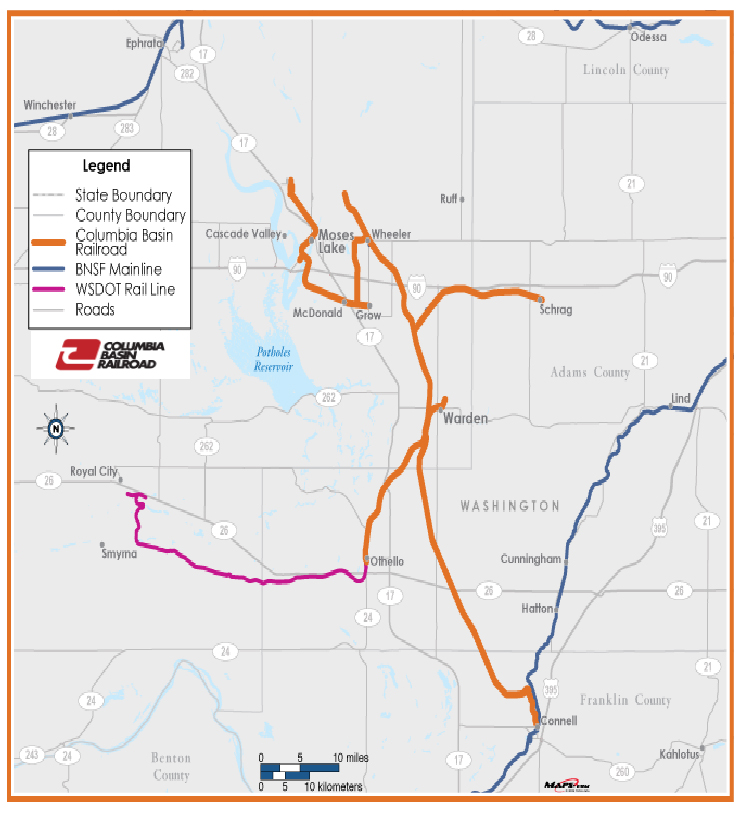
JOPLIN, Mo. — Jaguar Transport Holdings has completed its acquisition of two railroads in central Washington state and will begin operating them today (Wednesday, Aug. 27, 2025), the company has announced.
The Columbia Basin Railroad and Central Washington Railroad will bring Jaguar’s holdings to 13 short line railroads, as well as 13 transload locations and six industrial parks across 12 states. The company had informed the Surface Transportation Board of its intent to buy the two railroads in a July 14 filing [see “Jaguar Trasnport aims to buy …,” Trains.com, July 16, 2025]. The STB ruled the transaction was exempt from prior-approval requirements on July 30. The purchase also had to be approved by BNSF Railway, which had the right of first refusal to buy back its former lines.
The railroads were previously part of a family-owned company managed by company president Brig Temple. The Columbia Basin operates 86 miles of track — 73 owned by the railroad and 13 leased from BNSF — in lines radiating from Warden, Wash., southwest of Spokane. The Central Washington operates 80 miles in two disconnected sections in or near Spokane, Wash.
“We are excited to welcome the Columbia Basin Railroad and Central Washington Railroad into Jaguar,” Stu Towner, Jaguar CEO, said in a press release. “The Temple family and their team have transformed good railroads into great businesses by prioritizing safe, reliable service for their employees and customers, which in turn has allowed them to invest in and support the communities they serve.” Towner called the railroads “vital lifelines for farmers, manufacturers, and businesses across the state. … We are ready to dig in and earn the right to grow with our new team members, customers, communities, and Class I partners.”
Said Brig Temple, “We couldn’t be more confident in Jaguar’s ability to carry that legacy forward and take these railroads to the next level. Their professionalism and care, combined with a commitment to safety, reliability, and relationship-driven investment in commercial growth, will not only serve our customers well but also strengthen the economy of the region we proudly call home.”
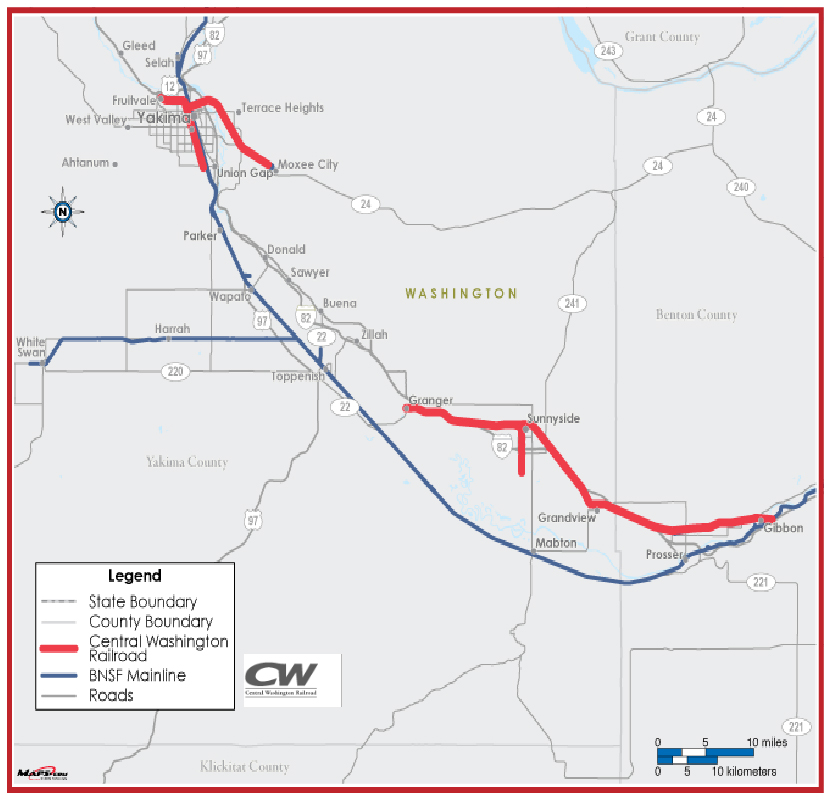






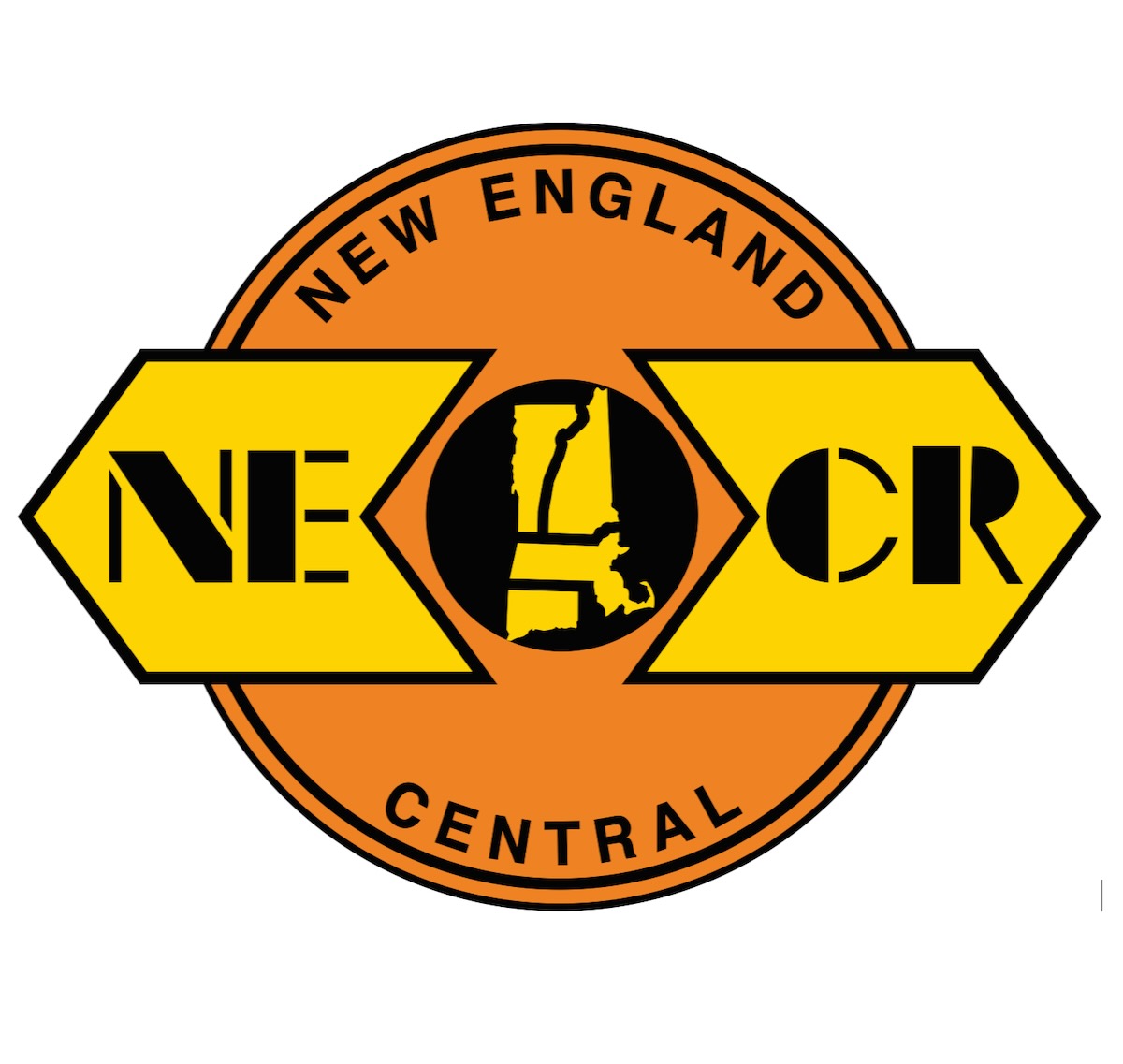
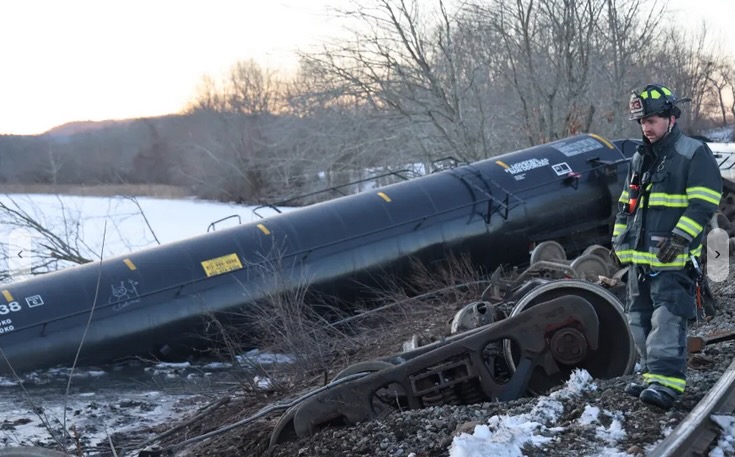
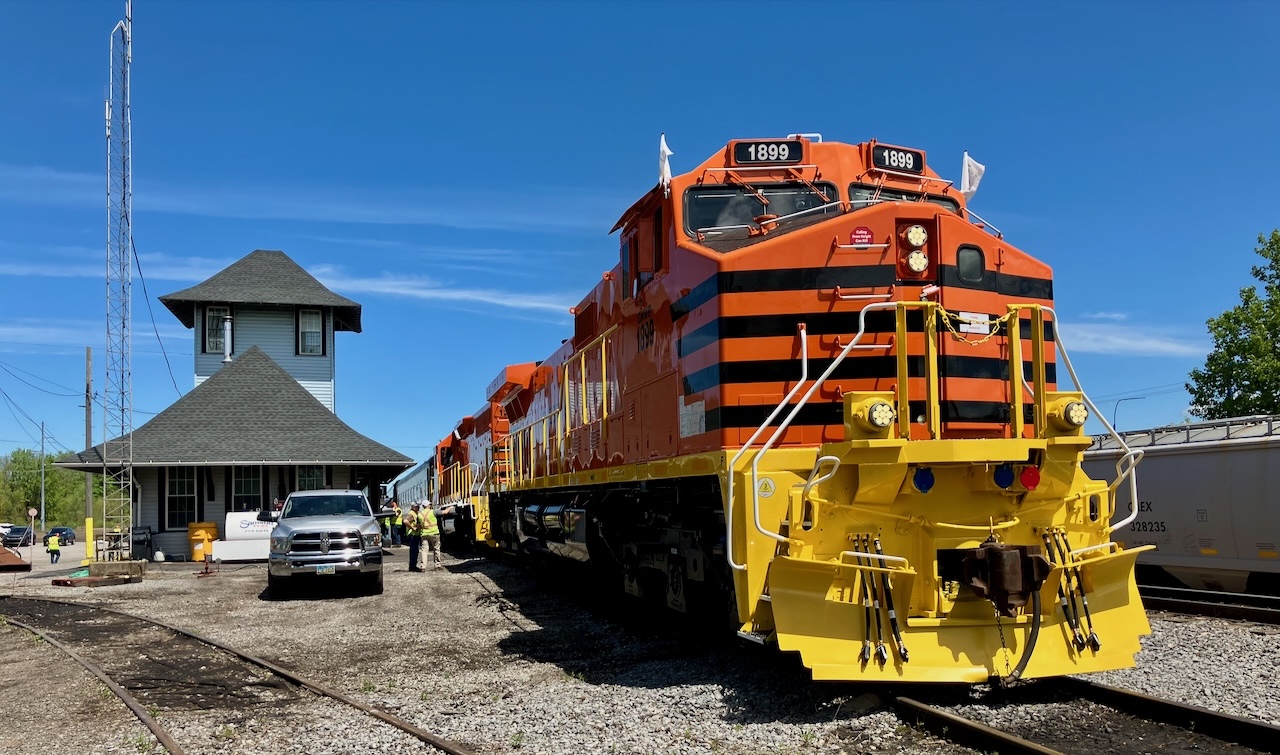
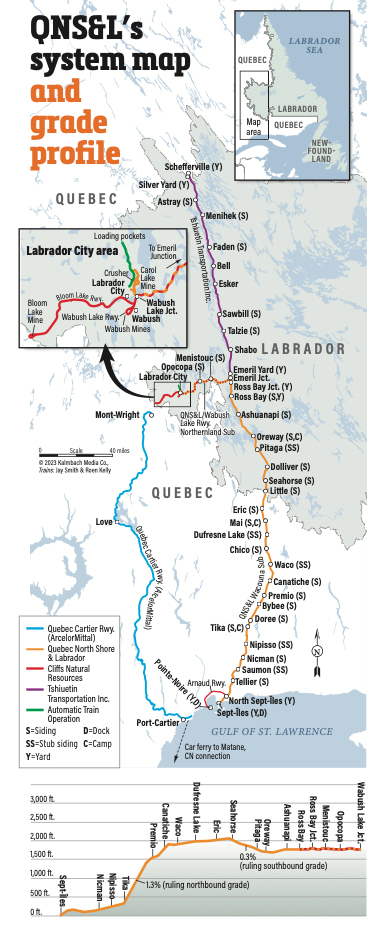




Central Washington is loaded with various fruit and produce farms based on water relocation from the Columbia River. These lines contain a large quantity of produce packers who need a lot of reefer switching to support their customers nationally.
Some of the lines have fallen into deferred maintenance as the operators have come and gone over time. Also there have been local demands to get some of the rails removed in some locations to rid themselves of noise and air pollution.